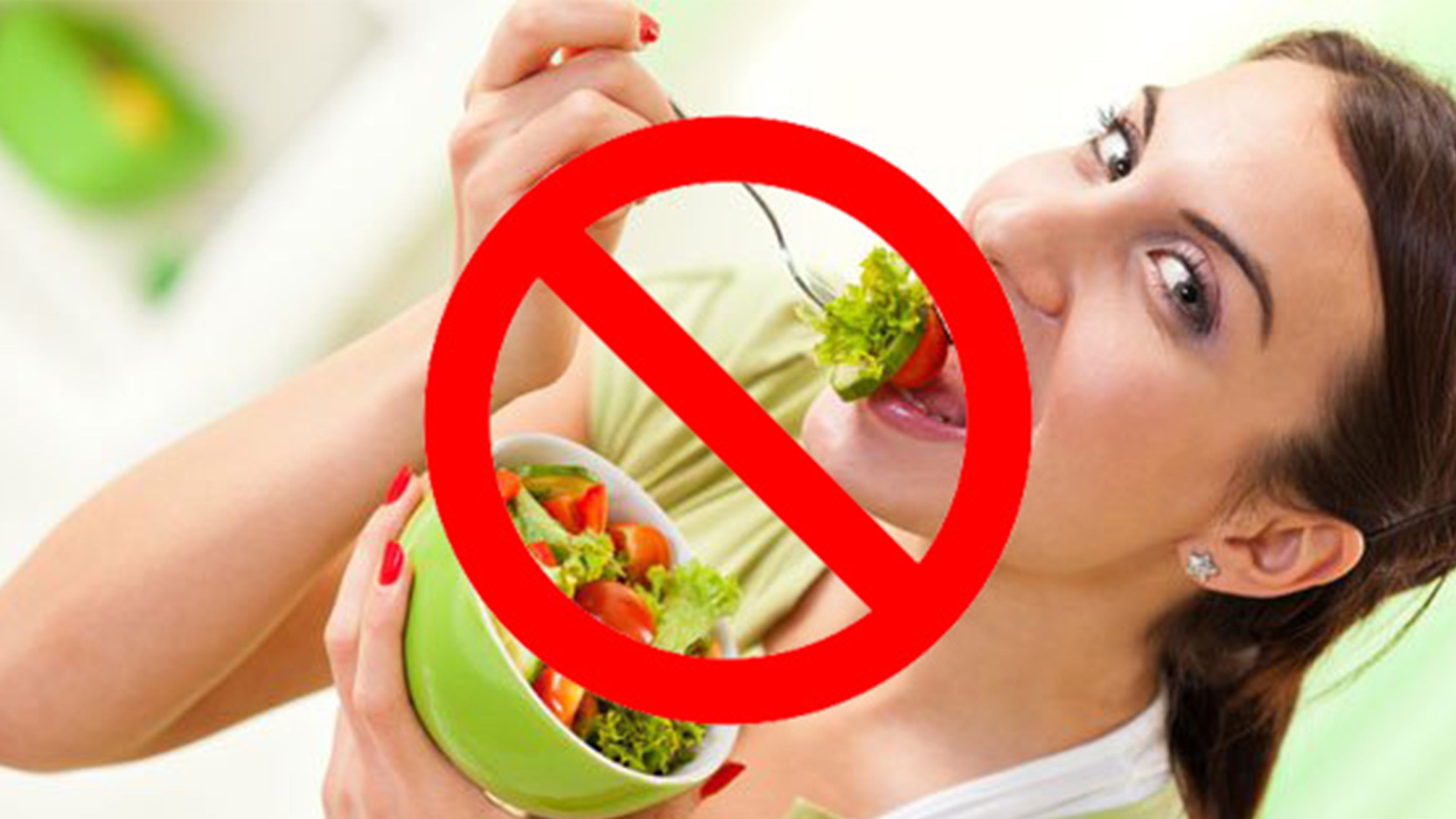
Veganism is based on ideology and not human philosophy. I will say this straight up - I applaud and respect true passionate vegans and what they stand for. The commercial meat industry is evil and is also wrecking massive havoc in our physical and metaphysical reality up to this date.
However my post is specific to human health, short term and long term. Let us keep it real. Where are you getting your vegan food? And forget about organic. What about the soil and just about everything out there is hybridized. Ever thought about what kind of damage you are doing to your body cells? Have you looked into the NPK Fertilizer? Have you dismissed the power of bee products which is mainly honey, pollen and royal jelly? Yes it is true vegans appear quite healthy in the earlier stages of this transformation. Not surprising when you consider the big fact that many switch from processed foods to a mostly raw plant based diet. The inundation of live foods will undoubtedly improve your health.
Nonetheless, in the long term, the nonattendance or absence of all animal based foods can take a toll, as certain nutrients cannot be obtained from the planet kingdom. Carnosine, taurine, carnitine, vitamin D3, retinol, conjugated linoleic acid and long-chained omega-3 fats are a good example. Lack or deficiency of B12 is also very common among vegans.
After a duration of about six or seven years, the B12 stored in your liver will be completely worn out at a point you will be experiencing serious neourodegenerative diseases. Many documented cases of blindness from B12 deficiency have been there as well as other neurological disorders.
If you have short, little or low DHA levels, it is almost physiologically impossible to be healthy because it is such a paramount part of energy generation at the molecular level. You need DHA in your body which is only found in fatty fish and certain other marine animals like krill.
Also there is quantum physics going on with respect to its capability to capture light and integrate it into your system. Example DHA in your retinal pigmented epithelium is responsible for the conversion of sunlight into vital DC electric current which your body needs. So if you are deficient, then your ability to generate energy by your mitochondria will be impaired.
I know your text is about vegans. I myself am a vegetarian though, not eating things for which animals need to die. I do eat animal products like eggs and yoghurt and still drink milk. So maybe I am not the best example, but speaking as a vegetarian, I can at least say that after 10 years of practicing this lifestyle, I still feel great and energetic.
I think it's just a matter of a balanced diet, with some added help in the form of B12 vitamin supplements. Meat can be replaced with all sorts of things, like beans/mushrooms/nuts/lupine/seitan.
But I would really be interested in a long term study that would be able to show the difference between a carnivorous lifestyle and a vergetarian one. The pro's and con's of both. Not that it would matter much, because like you said, I made the change because of principles, it wasn't a health based choice.
Downvoting a post can decrease pending rewards and make it less visible. Common reasons:
Submit